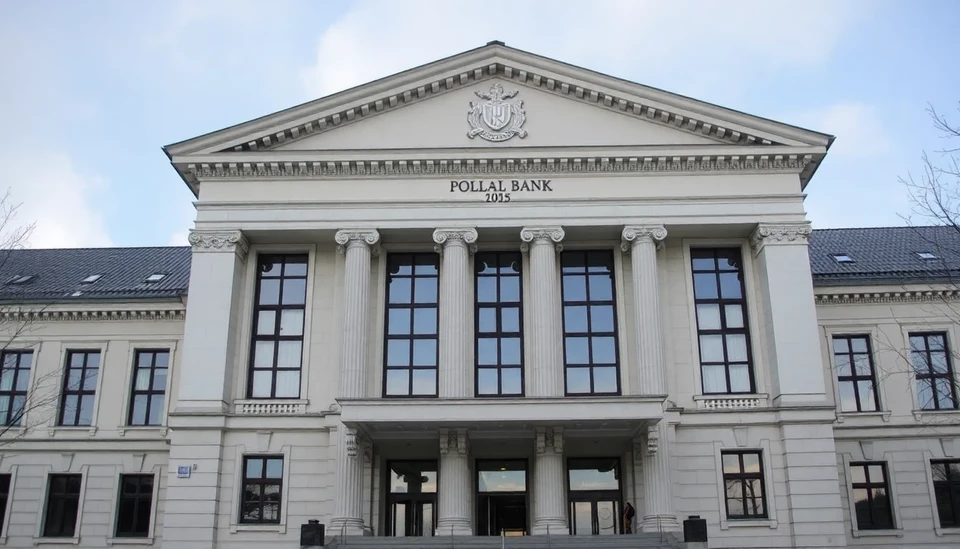
Skirting around economic growth and inflation, Poland has maintained interest rates unchanged. This is against a background where growing inflation has put the economy of the country to a critically difficult test. The Polish central bank, known as Narodowy Bank Polski, or NBP, has chosen not to touch existing rates in a bid to ride out turbulent economic waters.
The decision was announced after hour-long deliberations and analysis of the current economic indicators by the Monetary Policy Council of the central bank. The key interest rate in Poland stays at 6.00%, a level that has not been changed since September 2023. This was on target for most economists who had forecasted that the NBP would keep rates as is, despite growing inflation pressures.
The general inflationary pressure in Poland is propelled by many factors: surging energy prices, disrupted supply chains. It is at 10.3% year-on-year in September 2024 from 9.8% in August. This kind of persistent upward pressure on consumer prices has really sent waves of panic among the policymakers and the public alike, since this eats into purchasing power and fuels economic uncertainty.
With these inflationary pressures, the NBP remains cautious not to raise interest rates too fast. It is strongly aware of possible adverse effects on economic growth, especially in light of still fragile recovery from the pandemic-induced downturn. The central bank keeps rates steady to provide an unchanged monetary environment favorable for investment and consumption, while it keeps a close eye on inflationary trends.
The decision to keep rates also comes in view of the NBP's larger monetary policy strategy, which relies on flexibility and response to changing economic conditions. While the central bank has shown preparedness for changing policy in case upward pressures on inflation continue beyond the rate considered acceptable, it now prioritizes sustaining the economic recovery.
Financial markets greeted the move of the NBP with some wariness. The Polish złoty has shown scant fluctuations both against the euro and against the US dollar, while on the stock market, there were no significant perturbations. Investors will be cautious from now on with regard to future economic data and the future possible policy switches by the NBP, for which the balance between inflation control and economic growth is still an important concern.
In short, the decision to leave interest rates unchanged by Poland in the face of high inflation underlines the cautious balancing act being pursued by its central bank. As inflationary pressures seemingly become unstoppable, an approach by the NBP does not make the conduct of economic policy any easier in uncertain external conditions. The next few months will be significant in determining how this approach works to stabilize the economy without adding to inflation.
Watch this space for further updates and expert analysis on Poland's monetary policy and its impact on the general economy.
#Poland #InterestRates #Inflation #EconomicPolicy #NBP #CentralBank #MonetaryPolicy #EconomicGrowth #SupplyChainDisruptions #EnergyPrices #Banking #FinancialMarkets #Economy #PolandNews
Author: Daniel Foster




